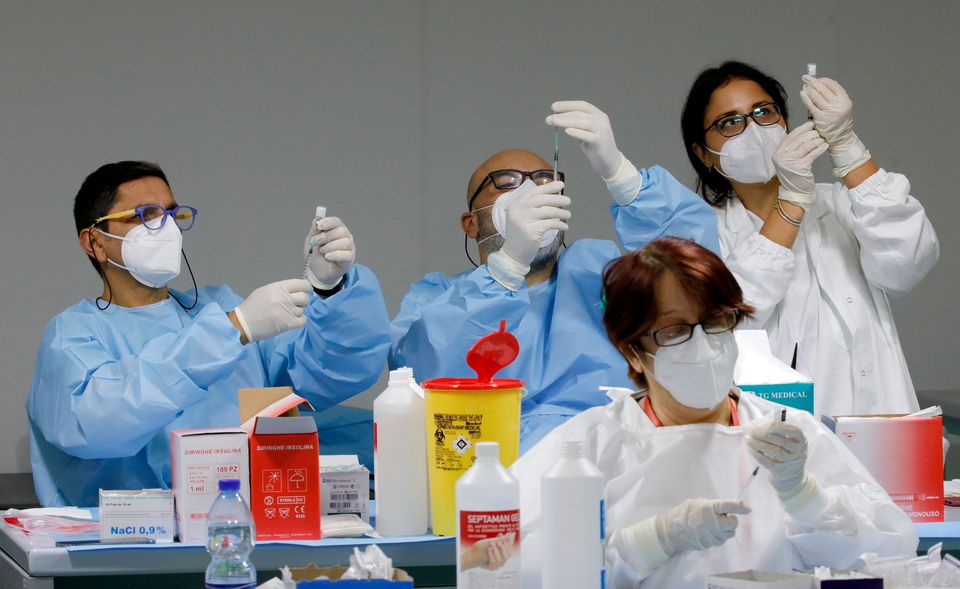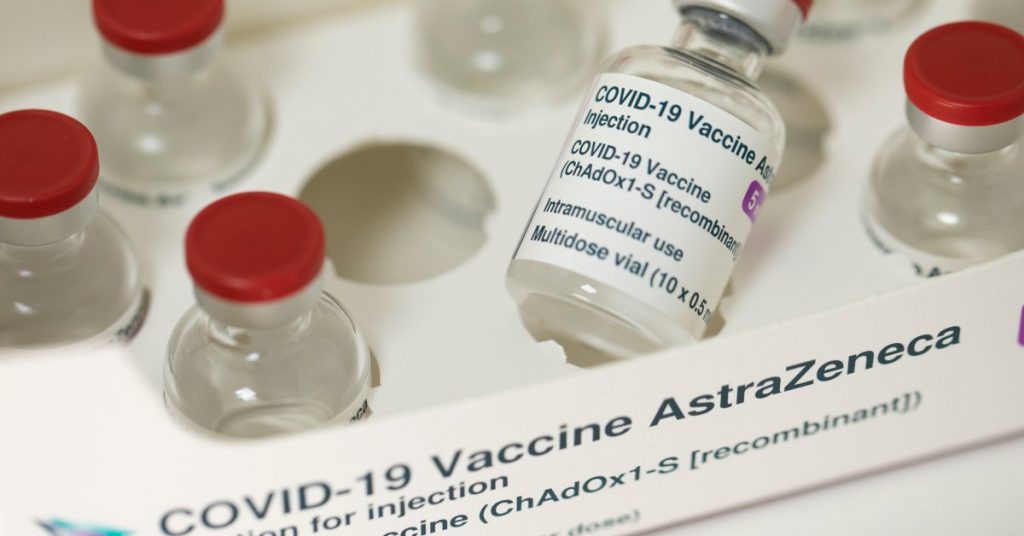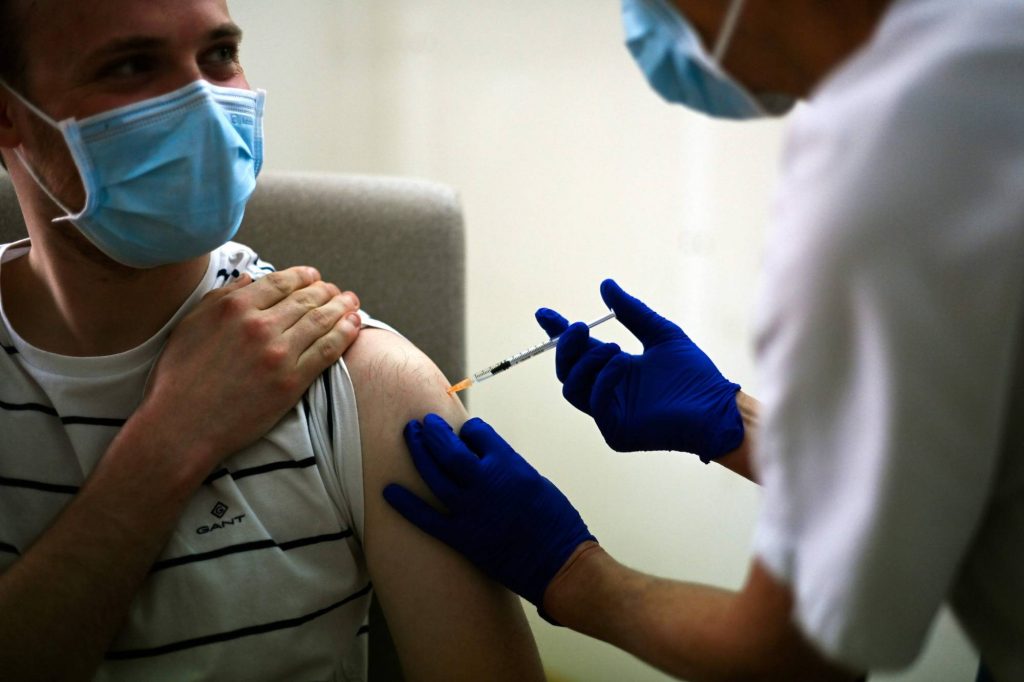Scientists discovered that two-dose COVID-19 vaccine regimens do not create enough neutralizing antibodies against the Omicron coronavirus variant, implying that infections in persons previously infected or vaccinated are possible.
However, the researchers were hopeful that a booster dose would raise protection against the new, highly transmissible variant.
On Monday, researchers from the University of Oxford published the findings of a study examining blood samples from participants 28 days after their second dosage of either vaccine. AstraZeneca or Pfizer-BioNTech dosages were given to the individuals.

When omicron was introduced to those samples, scientists reported “a substantial fall” in the neutralizing antibodies that fight off Covid compared to the immune responses seen against earlier variants.
According to the study, some vaccine users “failed to neutralize [the virus] at all.”
“This will likely lead to increased breakthrough infections in previously infected or double vaccinated individuals, which could drive a further wave of infection, although there is currently no evidence of increased potential to cause severe disease, hospitalization, or death,” the study’s authors said.
The findings should “press home the message that those who are offered booster vaccination should take it,” said Gavin Screaton, dean of Oxford University’s Medical Sciences Division and principal author of the paper, in a press statement.

“Whilst there is no evidence for increased risk of severe disease, or death, from the virus amongst vaccinated populations, we must remain cautious, as greater case numbers will still place a considerable burden on healthcare systems,” he warned.
These new findings have impacted a recent initiative in England to give all individuals a third mRNA vaccine dosage three months after receiving the first two. Boris Johnson, the Prime Minister of the United Kingdom, warned that the country is facing a “tidal wave” of Omicron infections in a public statement on Sunday and announced that the government would speed up its booster program to provide all adults with a third dose of the vaccine by the end of the year.

The Oxford study, which has yet to be peer-reviewed, is available on the MedRxiv server.
Source: University of Oxford


